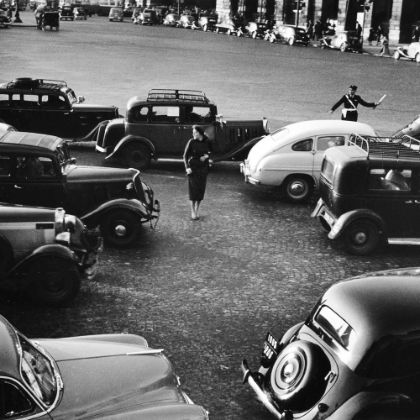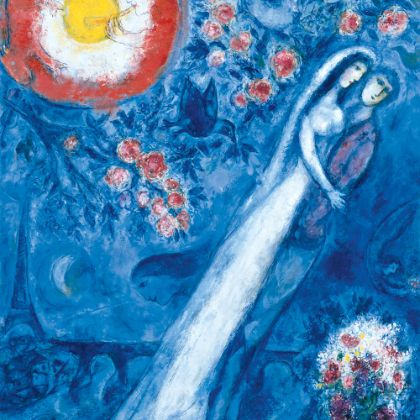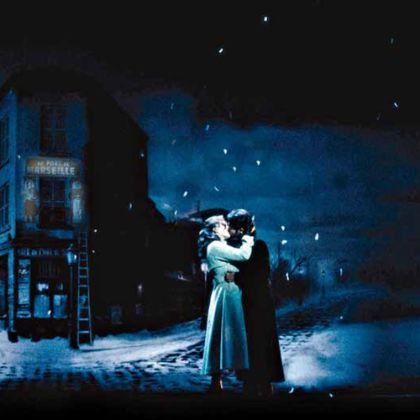From somewhere in Eastern Europe, Arvo Pärt answers an email.
By Ben Finane
After encounters with neo-classicism and serialism, Estonian composer Arvo Pärt studied plainsong, early polyphony and Gregorian chant, ultimately finding his voice — and his following— with his “strict polyphonic harmonic system,” tintinnabuli. Pärt’s signature works in his signature style include Cantus in memoriam Benjamin Britten, Credo, Fratres, Spiegel im Spiegel and Tabula Rasa. The majority of Pärt’s works post–1980 are for chorus or small vocal ensemble, including those on his latest album, Adam’s Lament (ECM). Brevity is the soul of wit, and the retiring Pärt’s answers to my queries — sent from the road —contain both.
Tell me about your path from serialism to tintinnabuli.
In short, it has been a long journey through my own life. And through the cultural history of the world.
Did your time off from composition doing audio engineering help inspire your musical direction?
This kind of experience teaches us to penetrate into the inner sound. It has influenced me up through today.
Is tintinnabuli a compositional technique, an acoustic effect or part of a larger philosophy?
It is a very simple, concentrated and strict polyphonic harmonic system. Although not in the classical sense. Tintinnabuli is merely a name; it is not intended to signify anything specific. And it sounds nice.
I see some parallels between your musical journey and that of Aaron Copland.
Unfortunately, I don’t know very much about his life and work.
Was it difficult making a return to tonality, in terms of going against the prevailing winds of the time?
Yes. But it also makes us stronger. But of course, we must have a good wind at our back: ideals.
The score of Fratres (the violin-and-piano arrangement) reveals a very studied symmetry. Is symmetry an important part of your compositional process?
Symmetry has always fascinated me, but there also has to be a pinch of asymmetry, which is also very important for me.
Do you begin your compositions with motives and build from that?
The most difficult thing is to find the right spirit. It all depends on that.
How were you drawn in to choral composition?
By texts. The human voice can get identical with its soul.
Tõnu Kaljuste has said that you are “composing prayers.” Is that a fair statement?
It would be wonderful if it would be like that in reality.
Do you still peel potatoes to alleviate writer’s block?
Somehow it has always inspired me. Without much effort, in a very short period of time, “black” can be transformed into “white.”

related...
-

Respighi: Beyond Rome
Respighi’s set of variations is cast away for his more
Read More
‘Roman’ repertoire.
By David Hurwitz -

L’amico Fritz
Mascagni delivers beautiful music, libretto be damned.
Read More
By Robert Levine -

A Simple Love Story
It’s no accident that Puccini’s La bohème remains the most performed opera.
Read More
By Robert Levine